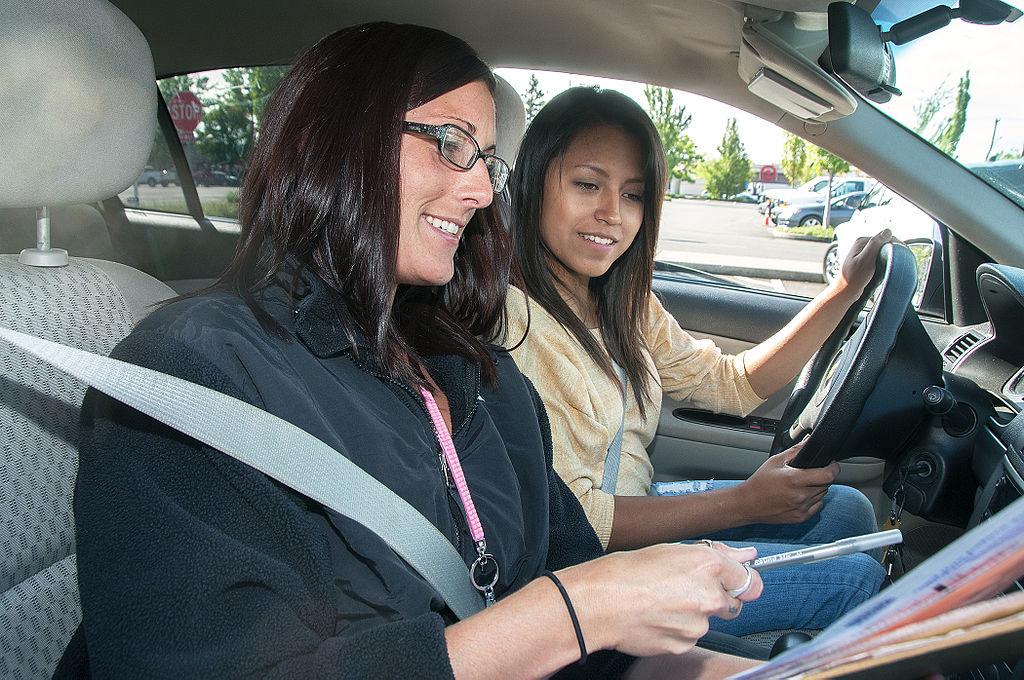In fact, ‘anxiety’ and ‘stress’ are just two different words to describe virtually the same experience - the symptoms of a higher heart rate, sweaty palms, churning stomach, inability to concentrate, reliance on stimulates such as alcohol, smoking or food to relax and let go and remove the discomfort. All these symptoms, and others, are explained by the physiological changes that occur when the mind and body experience stress or anxiety.
If there is one difference between anxiety and stress, it is that anxiety is usually perceived as more short-term, whereas stress can last for weeks, months, or even years. The body has no way of telling the difference between an imagined threat and a real one.
Fear of driving is more common than most people think, it may be that you have had an uncomfortable experience which triggered your fear of driving, may be you have felt nervous or anxious before when driving or have been driving with someone else, sometimes even being a passenger can have a detrimental effect, or perhaps it is a thought or even your imagination that has been scaring you.
Extreme anxiety gets us to react more quickly as it gears the body for action. You may have noticed that in times of fear you are less in tune with the thinking part of your mind. Rational thought is actually meant to diminish in times of real danger, because any decisions we make in a dangerous situation should be very basic. This is fine, of course, when you are approached by a hungry tiger but not when you are driving your car. Anxiety can become linked to anything at all. However, it is only a really valuable when there is no other appropriate way of responding.
Let hypnotherapy help in reconditioning your response:
It is about dividing that memory of a real or imagined situation so that you can be free of its negative impact. And once those emotional connections have been cleared you can rediscover ways in which you can drive calmly.
A way to reduce symptoms of stress and anxiety is to change the way that you think and feel about situations – this will then change the chemical message that your body receives and this will switch off the fight/flight response and your body will become calm. Remember fear is just a thought, which produces the feeling and in turn produces the response.
Hypnotherapy assists greatly in reducing the triggered responses, therefore, through guidance and hypnotherapy Karen will be able to assist you with ways to overcome those triggers that set off the response and improve the ability to make you more resilient to the challenges of life, which in turn will also benefit many other aspects of your life.
For further information contact us on (03) 5223 2370 or via email
By Oregon Department of Transportation (Drive testUploaded by AlbertHerring) [CC BY 2.0], via Wikimedia Commons

